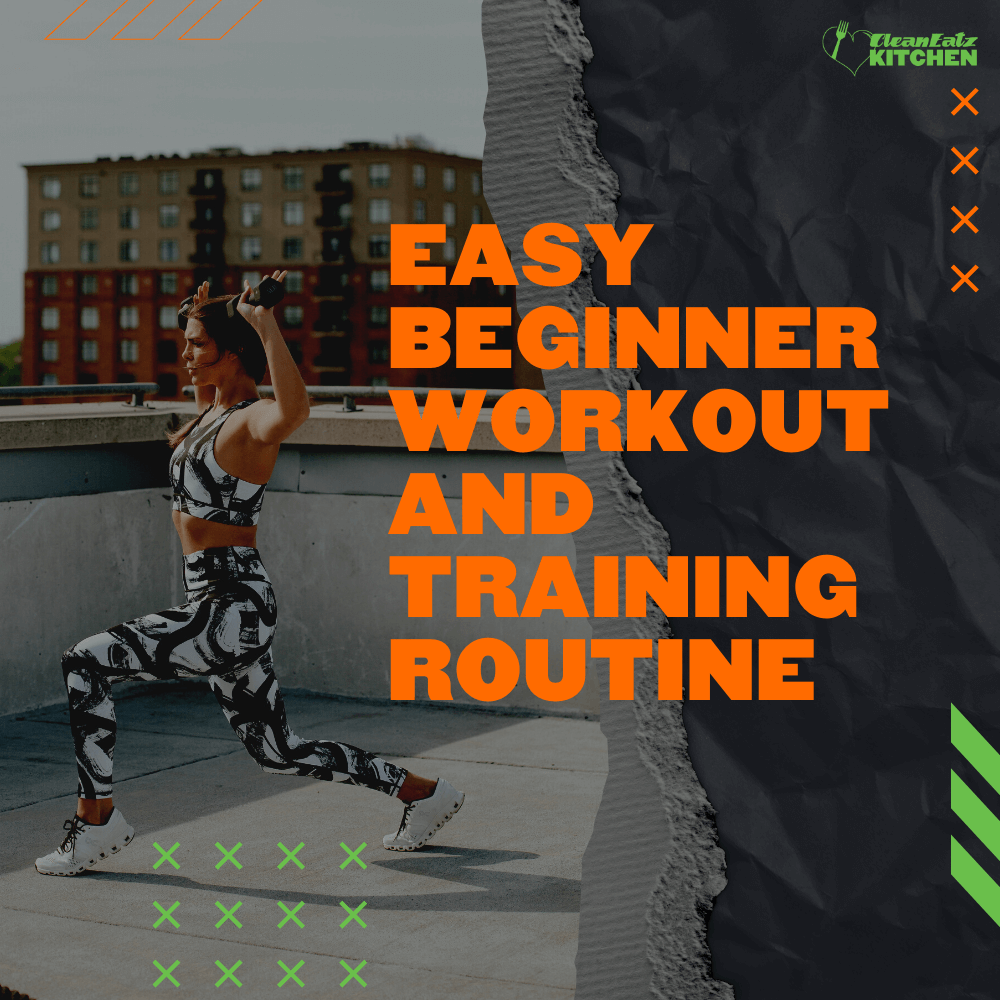
How to Become a Better Runner?
Nutrition
6 minute read
How to become a better runner? If you're running a marathon or a shorter distance race this year, you're probably looking for tips on how to prepare for race day while stuck at home. Don't worry, there are ways to take advantage of the moment and start training. Just as you carefully choose the right food for physical performance, it's equally important to consider "food for mental health." What food is good for mental health? Whether you're planning to take on your first 5K, conquer a marathon, or aim to hit a personal record, the tips below, combined with nourishing your mental health, will help you get in the right mindset and condition your body from the comforts of home.
Race Prep During Quarantine
In the realm of aspiring runners, the pursuit of improvement is an ongoing journey, and even amidst the challenging circumstances of quarantine, the quest to become a better runner remains steadfast. Embracing the concept of "how to become a better runner,", particularly during these unique times, requires innovative approaches to race preparation. This article will explore the dynamic interplay between running for weight loss and quarantine, unveiling a range of strategies and insights to help runners seeking to shed pounds continue their evolution, adapt to changing conditions, and emerge as stronger athletes, both physically and mentally. By harnessing the power of dedication, creativity, and a commitment to growth, we'll navigate the landscape of "Race Prep During Quarantine," unearthing effective techniques to not only enhance our running prowess but also achieve our personal best in terms of weight loss, even in the face of unforeseen challenges. As we delve into the intricate relationship between managing weight and training during quarantine, we'll discover how these two goals can harmoniously coexist, resulting in a holistic approach to health and fitness.
Cross Train
How to become a better runner? While running should be your main form of exercise to prepare for your race, it’s important to include two or three days of low-impact cross-training workouts during each week of training. Doing multi-joint movements will improve your overall fitness level and give your bones and joints a much-needed break from the impact of running. Try different methods to keep your body guessing and getting stronger. Cycling, yoga, weight training, and swimming are all excellent cross-training options.
Example:
- Lunge Walk x 10 Each Leg
- Burpee x 7
- Bench Dip x 10
- Push Up x 7
- X5 Rounds as Fast as Possible
Eat Properly with Meal Prep
The weeks before your race, aim for dinners that are rich in carbohydrates, such as pasta, rice, bread, or potatoes. This will ensure you have enough carbohydrates stored in your muscles before the big event, reducing the risk of losing energy before you finish your run. Similarly, for breakfast, stick with carb-rich, well-balanced meals that include carbs, protein, and fats.
Example:
- Breakfast: 3 Eggs, 1 Slice of Toast, 2 Pieces of Bacon
- Snack:1 Apple
- Lunch: Clean Eatz Meal Plan Entrée
- Snack: Level 1 1st Phorm Protein Shake
- Dinner: Clean Eatz Meal Plan Entrée
- Late Night:1 Clean Eatz Buckeye
Prepare for Any Weather
Since you can’t predict the weather, do yourself a favor and train at different times of the day. Morning runs, afternoon, and night workouts are all going to challenge your body in different ways. Be prepared for all possible weather scenarios. This way, you’ll be ready to compete in the outfit most appropriate for the conditions on race day.
Example:
- 6am Run: Try different cold weather layers
- Noon Run: Run at the hottest part of the day to experience heat.
- 6pm Run: Try a run later in the day where you start with a layer and drop off a jacket halfway through the run.
Set Goals and Expectations
Yes, you want to get yourself pumped up and prepared to perform your best on race day. But, don’t set yourself up with unrealistic expectations. Mentally condition yourself with small milestones and goals. Make a calendar and write out your weekly miles. Include goal times that are obtainable with each run. Looking at the calendar can be a great motivation to count down the days and keep you accountable.
Example: Make a goal to run every day at X time in the day. Every time you run 5 days in a row reward yourself with a cheat meal or snack. Maybe even online shopping for 2 weeks in a row! 😊
Pace Yourself
Now is the perfect time to start preparing. Build your workload and mileage slowly. By following this strategy, you’ll be much more likely to have a strong, steady, and successful routine. Remember this is a planned attack and it’s important to stick with it.
Example:
- Week 1: 20 miles
- Week 2: 24 Miles
- Week 3: 28 miles
- Week 4: 32 miles
Warmup and Stretch
Before your runs, it’s important to spend time warming up. Go through static and movement stretches each day. Pre-run stretching is just as important as post-run stretching. Warming up is the building block for helping you to run more efficiently during each run and race.
Example:
- High Knees x 15 Yards
- Butt Kicks x 15 Yards
- Marching Kicks x 15 Yards
- Quad Pulls x 15 Yards
- Static Touch Your Toes x 15 Seconds
- Static Groin Stretch x 15 Seconds
Final Thoughts
In conclusion, effective race day preparation goes beyond physical training; it encompasses mental well-being and proper nutrition. Recognizing the connection between food and mental health is crucial for achieving peak performance. By following these tips and incorporating mindful eating practices, you'll be better equipped to conquer race day with a strong mind and body. Remember, a balanced diet, staying hydrated, and managing stress play pivotal roles in optimizing your race day experience.
FAQ
Can I become a better runner at any age, or is there an optimal age to start?
You can become a better runner at any age! It's never too late to start. However, it's essential to consider your current fitness level and consult a healthcare professional before beginning a new exercise program, especially if you're older or have underlying health conditions.
What if I face plateaus or setbacks on my journey to becoming a better runner?
Plateaus and setbacks are normal in any fitness journey. Reevaluate your training plan, consider cross-training, seek advice from experienced runners or coaches, and stay patient. Consistency and perseverance will ultimately help you push through and continue improving.
Is rest important when working on becoming a better runner?
Yes, rest is essential. Adequate rest allows your muscles to recover and prevents burnout or overtraining. Listen to your body and schedule regular rest days into your training plan.
Can I become a better runner without joining a formal running club or training group?
Absolutely. While group training can be motivating, many runners succeed on their own. However, consider finding a running buddy or participating in virtual challenges to stay motivated and share experiences.
Related Articles
House Recipe: Turn Your Kitchen Into a Restaurant
2 minute read
Easy Beginners' Workout and Training Routine
6 minute read



